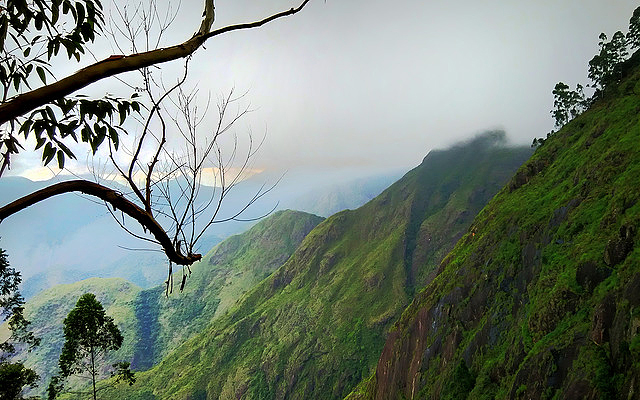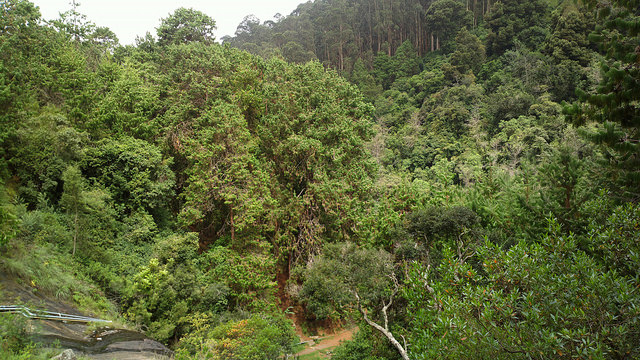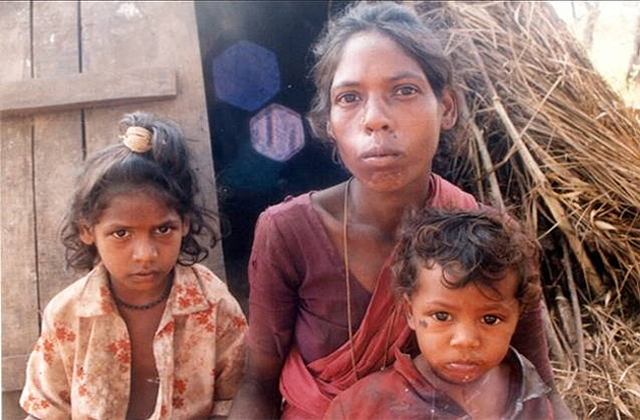The chief executive of the Dindigul District in India’s Tamil Nadu took a lengthy trek into a remote Paliyan village on January 23 to listen to the people discuss their issues. According to an article in The Hindu, Collector T. G. Vinay hiked nearly 14 kilometers into the village of Moongilpallam in the forested Kodaikanal hills to spend a day with the Paliyan people. The same executive took a similar journey into the Paliyan community of Thalakadai in the Sirumalai hills of his district in April 2018 to hear what the people there had to say. The collector had the foresight to take along a reporter from The Hindu in both of his forays into the tribal villages.

The collector was accompanied by a group of about a half dozen officials from the forestry, revenue, and district offices. They drove to Udumalpet, through the villages of Chinnnur and Manjampatti in the plains, and then they hiked for three hours into the forest of Kodaikanal to reach Moongilpallam. The 30 families in the hamlet were delighted to receive their visitors.
The Paliyan people in the village were unaware of many of the government welfare schemes that were available to them. Few had an Aadhar card, a general welfare certificate issued by the government of India. Some said that they had received pensions provided for the elderly only once in the past three or four months because they had to spend money to get into the plains to secure the funds. In response, the collector suggested they could specify a convenient spot in the plains where the government could build a facility to provide access for the welfare beneficiaries. The proposed facility also might be used for the education of their children.

The people told the collector that pregnant women were unable to trek to the primary healthcare facility in Mannavanur Panchayat, so they had to deliver their babies at home. The collector responded that permission would be sought from the Forest Department to build some roads that would make the facilities in the plains more accessible.
Remote and obscure as Moongilpallam clearly is, it also is strategically located near the border with Kerala. Three years ago The Hindu reported that a state-of-the-art solar collection facility had been erected in the community, with each home getting two LED lamps plus a charger for the mobile devices of the residents. All of the supplies for the solar collectors and the equipment needed to distribute the power to 28 homes had to be carried up to the village along forest paths the same way Dr. Vinay arrived a couple weeks ago. Four large batteries, each of which weighs 70 kg, power poles, large solar panels, and cables all had to be carried up into the hills by the villagers.

That article in the newspaper does clarify the reason for the concern in 2016 by government officials for the good will of the Paliyans in Moongilpallam. Since a Naxalite attack had occurred in Kerala the previous year, in 2015, all of the remote tribal communities in the Theni and Dindigul districts were being watched and courted. While a cynic might argue that the recent visits by the collector may have been prompted by a lingering worry about the possible development of sympathies in villages such as Moongilpallam for the communist terrorists, Dr. Vinay’s genuine concern for the poor Paliyan forest dwellers does come through in the newspaper reports.